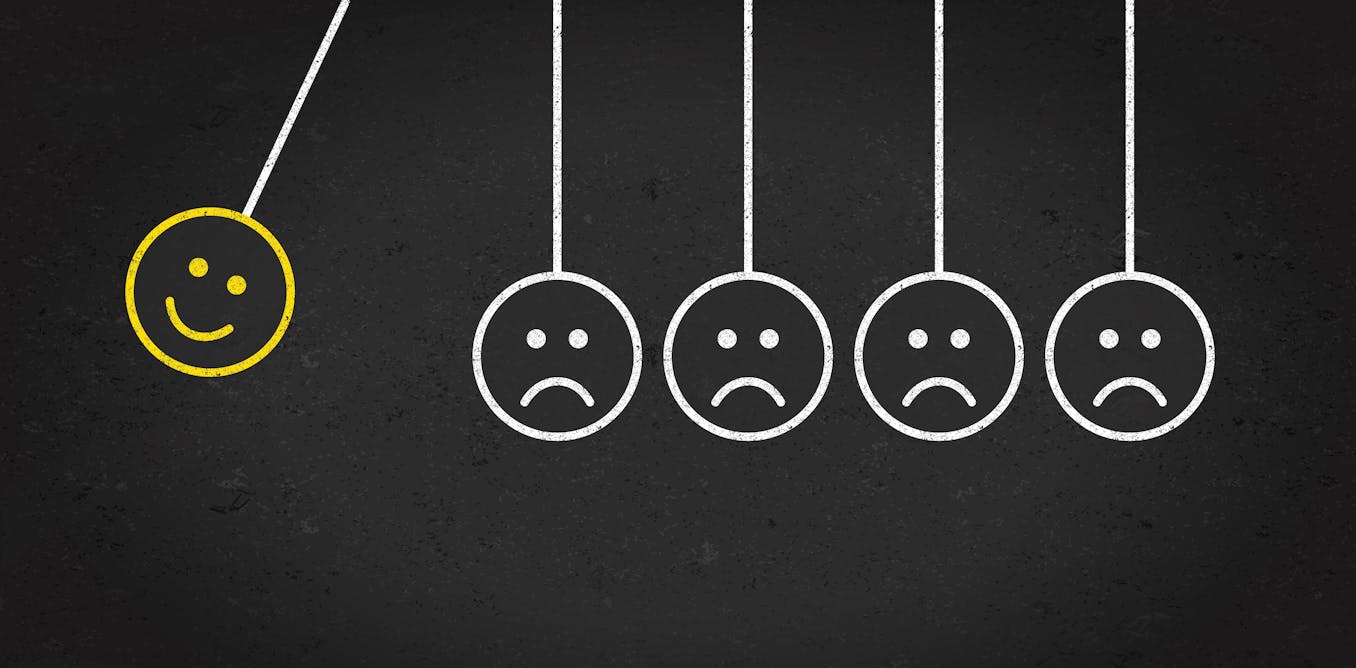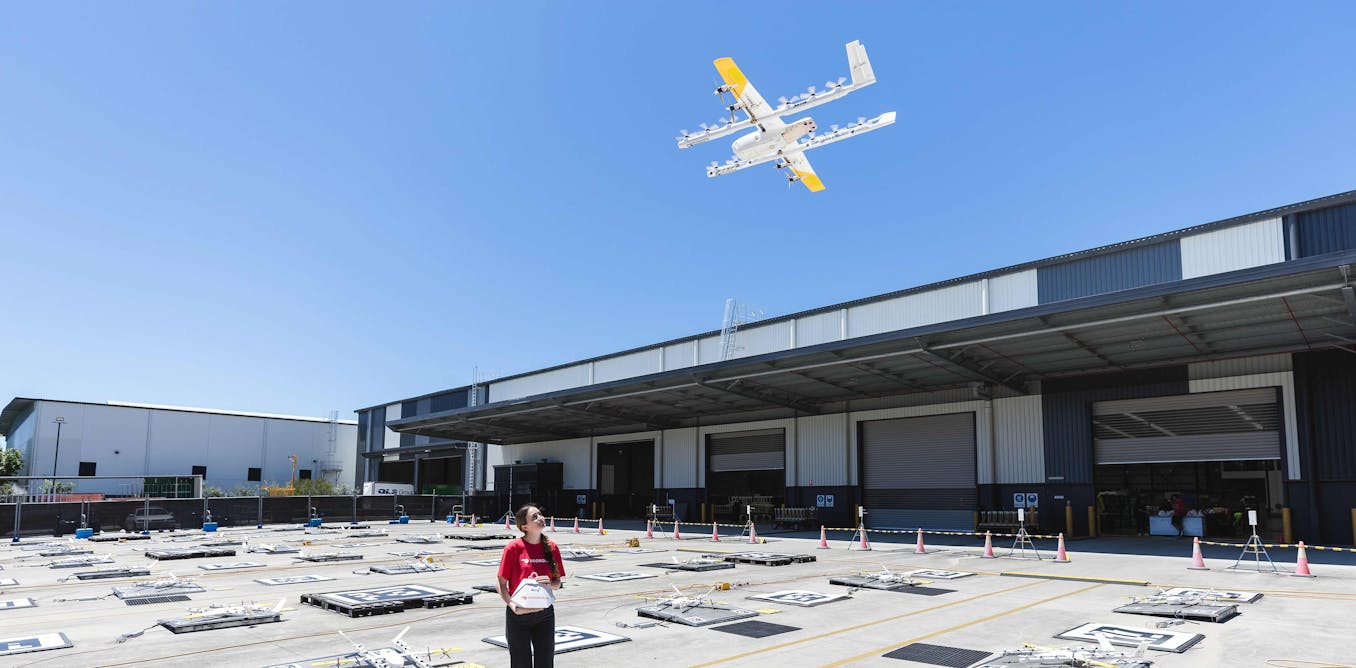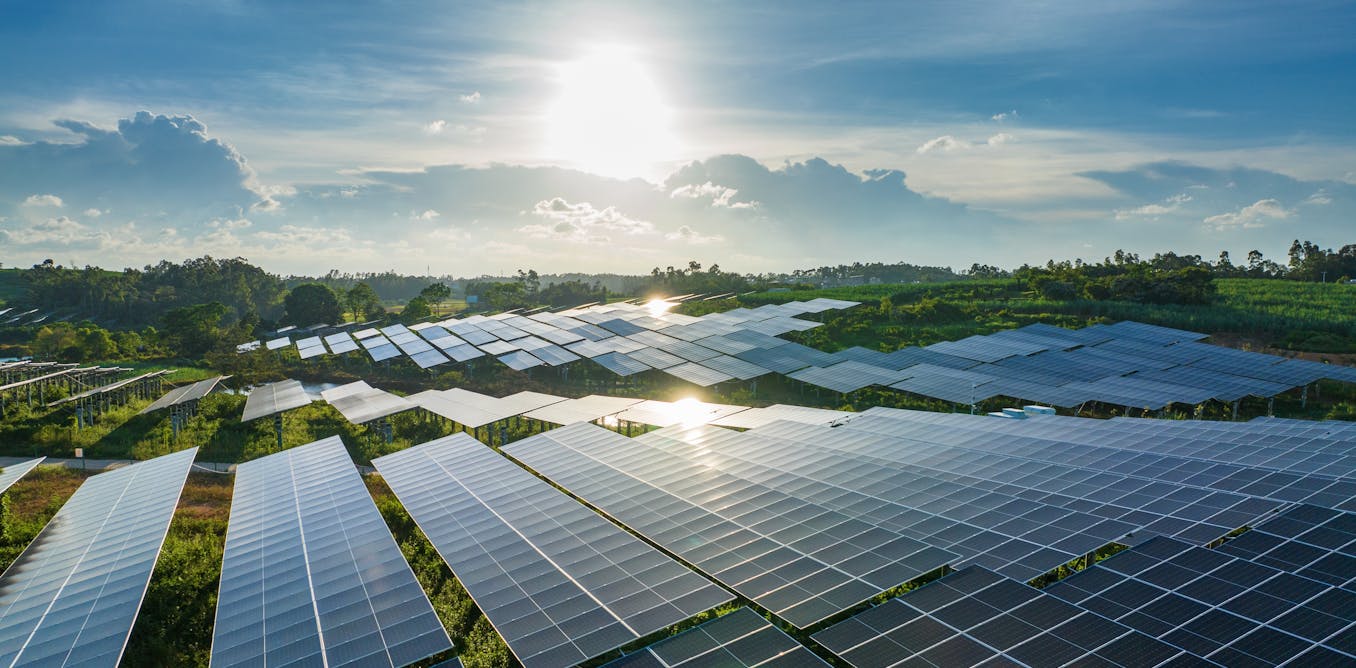Scrapping ships in Bangladesh | DW Documentary
An ecological disaster: The ship graveyard of Chittagong in Bangladesh harms both people and the environment.
After reaching the end of their service lives, most large ships from around the world are broken up along the coasts of South Asia. Chittagong in Bangladesh is home to the world’s second-largest ship breaking yard. And its recycling practices are far from eco-friendly. Ship breaking activities pose risks to both workers and the coastal regions’ ecosystems. Studies show that up to 10 percent of a ship’s weight consists of asbestos, heavy metals, oil, and other toxic substances – and a lot of it ends up in the environment.
In the past 20 years alone, 25 species of fish have disappeared from the waters of Chittagong. But workers face dangers too. The ship breaking yards may be required to equip people with boots, helmets, and gloves, but the reality is – they rarely do. That means workers are stuck using towels as makeshift masks. Many shipyard workers are reluctant to report these issues to international authorities as they fear losing their jobs.
#documentary #dwdocumentary #reporter
______
DW Documentary (English): https://www.youtube.com/dwdocumentary
DW Documental (Spanish): https://www.youtube.com/dwdocumental
DW Documentary وثائقية دي دبليو (Arabic): https://www.youtube.com/dwdocarabia
DW Doku (German): https://www.youtube.com/dwdoku
DW Documentary हिन्दी (Hindi): https://www.youtube.com/dwdochindi
Watch the video by DW Documentary
These colosal ships once carried goods and marchandise around the World but after their time is up 80% of them end up as hazardous waste sites on South Asian Shores like gadani in Pakistan alang in India and chagang in Bangladesh contaminating coasts and endangering workers to today we explore Bangladesh’s chagang shipbreaking yard to assess the human and environmental toll of the shipbreaking Industry sh Das a 33-year-old fisherman spent half of his life catching fish along the shittaka coastline of Bangladesh but recently D noticed a traveling change in the Marine [Applause] ecosystem earli there was much more fish bigger ones the boat would be full with two Nets now even 20 to 30 Nets less
Fish than NS fishermen quitting their jobs many even left the area after selling their properties to repay Debts a shallow water fishermen thus blames the broken up ships along the shore for polluting water and depleting fish populations the nearby beached vessels were spilling oil and other waste into to the Surf research shows that up to 10% of a giant shapes weight is made up of asbestos heavy metals oil and other toxic substances due to poor Management in these yards the toxic material ends up in the Environment shagang is the second largest city in Bangladesh the the Northwestern part of this port city currently is home to 40 shipbreaking yards spanning approximately 20 km along the coast in the year 2022 alone 2.9 Million tons of scrap from shapes were dismantled in these yards Marine biodiversity researcher
Proval bua has collected sediment and water samples from around on the shipbreaking area and noticed significant changes in Marine biodiversity Here in the last 20 years alone the fisherman along Chang’s shunda Coastline lost 25 species of fish one of the most important elements of marine biodiversity macrobenthos like snails and oysters are almost extinct on this coastline in shakun town near the shipyard two season ship Breakers want to share their experiences
Anonymously the workers are hesitant to report issues to International authorities because they fear losing their jobs if ship owner authorities were to become aware of their actions On paper they say they will provide protective gear such as boots helmets and gloves regularly the promised Replacements are never fulfilled so the workers resort to using towels as makeshift masks for self- protection shipbreaking on these coasts is a very dangerous job and workers often suffer accidents in 2022 alone ngos reported at
Least 10 deaths and 33 injuries long-term health issues are a chronic problem for many workers throughout my time in the shipyards I’ve been plagued by a persistent headache I also suffer from occasional nostril blockage that Hind ERS my breathing however my primary concern Remains The Chronic headache environmental officials in
Chittagong are starting to look at the pollution and environmental harm from shipbreaking yards deputy director feros Anar says he has finded some shipyards he said more long-term research was needed to determine the extent of environmental effects stand gradually improve some Research indicates heightened heavy metal concentrations in
Soils and nearby sediments in others we see these have seeped into the aquatic ecosystem but further investigation is required to determine the extent of heavy metal deposits research suggests that the levels exceed the World Health Organization safe standards should you address this promptly comprehensive studies from relevant departments are essential for a better
Assessment sanan and Environmental Lawyer and activist feels that the government is not responding properly to the hazards of shipbreaking for human Health what the shipbreaking industry offers to people experiencing poverty is not employment but afflictions like asbestosis and cancer the process lacks proper monitoring everything seems good only on paper to address the health and environmental risks of shipbreaking the European Union created the shipbreaking recycling regulation or e usrr in 2013
According to this policy no European flagships can be broken out outside certified Green yards there are no shipyards in South Asia on that least as there are no health and environmental safeguards in place but the international NGO shipbreaking platform has reported instances of European flag ships continuing to arrive in Bangladesh and
Other South Asian shipbreaking yards flouting this regulation niola mulis from the NGO says he knows of European origin ships being broken up in Bangladesh if you want uh I mean it might be very strong expression but I mean for the last four decades we really have been witnessing a tragic
Exploitation perpetrated by a wealthy Elite uh mostly based uh in in the more developed part of the world and if you want this is a sort of uh a new form of colonialism a toxic one these vessels evade EU regulations by being sold through third parties or cash buyers before being shipped to
Countries like Bangladesh India and Pakistan the ships changed their Flags to avoid compliance de Val obtained documents indicating several vessels build locations and dates many lacked complete ownership information before the flag change MV hoody an example from a December 2021 clearance application was listed as being flagged from comos
During the application however it was previously named HZ owned by a Polish shipping company and flew the flag of Malta and other European country as a matter of fact a lot of shipping companies based in the global North in Europe for instance when they have to illegally export a a ship for breaking
To South Asia they often misrepresent facts and lie to authorities about the final destination of the vessel as a way to avoid being C so is there a way to to to fix all this well yes legal loopholes need to be fixed and legislation needs to be enforced
Properly on request only the EU commission replied acknowledging the need for enhanced enforcement of the EU ship recycling regulation by member states they confirmed that the ongoing evolution of the regulation addresses the issue of ref flagging before dismantling but stated that enforcing EU laws properly is the responsibility of
Law enforcement and National courts in member states the shipbreaking industry makes a significant contribution to Bangladesh’s economy supplying steel and offering employment to poor workers Bangladesh has recently ratified the Hong Kong Convention on safe ship recycling making it the second Saud Asian Nation to do so after India
At this renovated Shipyard in shitaka one of the owners claimed to meet the standards as to separate asbestos you need a special machine which we have imported from Europe until the central Waste Management Facility is built we will process and Reserve all waste oily water separator and here is
The oil water separator Sear separates oil from water into this tank and the water is discharged into the Sea the shipyard has a concrete beaching surface designed to partially support the beach ship back in AK environmental activist say Hassan is not happy with any provision of beaching under the Hong Kong Convention to her it amounts to green washing countries including Norway pressured Bangladesh to sign the Hong
Kong Convention which permits beaching however would Norway allow beaching within its borders Bangladesh’s government should adhere to European standards differentiation in certain cases is not acceptable for instance when considering air quality the lungs of an American are no different from those of citizens of other nations hence differentiating standards based on nationality is
Untenable ships are essential to Global Commerce and recycling old vessels into valuable scrap material will remain a source of income for years to come but this means old vessels will continue to end up on South Asian Shores and cause more hardships for people leaving on Bangladesh’s Shak the
Coast one thing is sure International regulations with loopholes and poor implementation have yet to provide a definitive solution for improving the environmental damage in Bangladesh caused by this toxic Industry
About DW Documentary
DW Documentary gives you information beyond the headlines. Watch top documentaries from German broadcasters and international production companies. Meet intriguing people, travel to distant lands, get a look behind the complexities of daily life and build a deeper understanding of current affairs and global events.
Video “Scrapping ships in Bangladesh | DW Documentary” was uploaded on 02/05/2024 by DW Documentary Youtube channel.




































